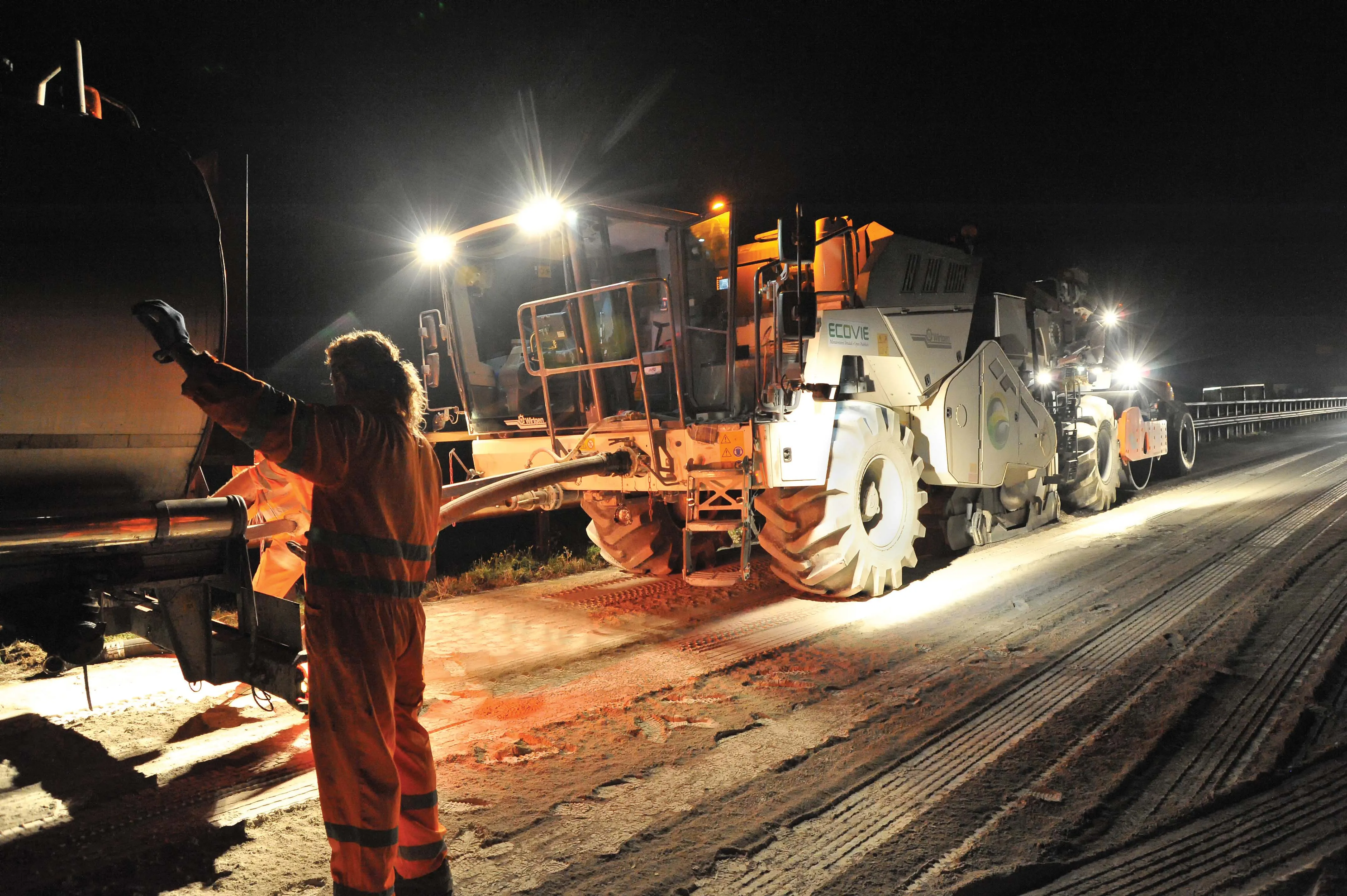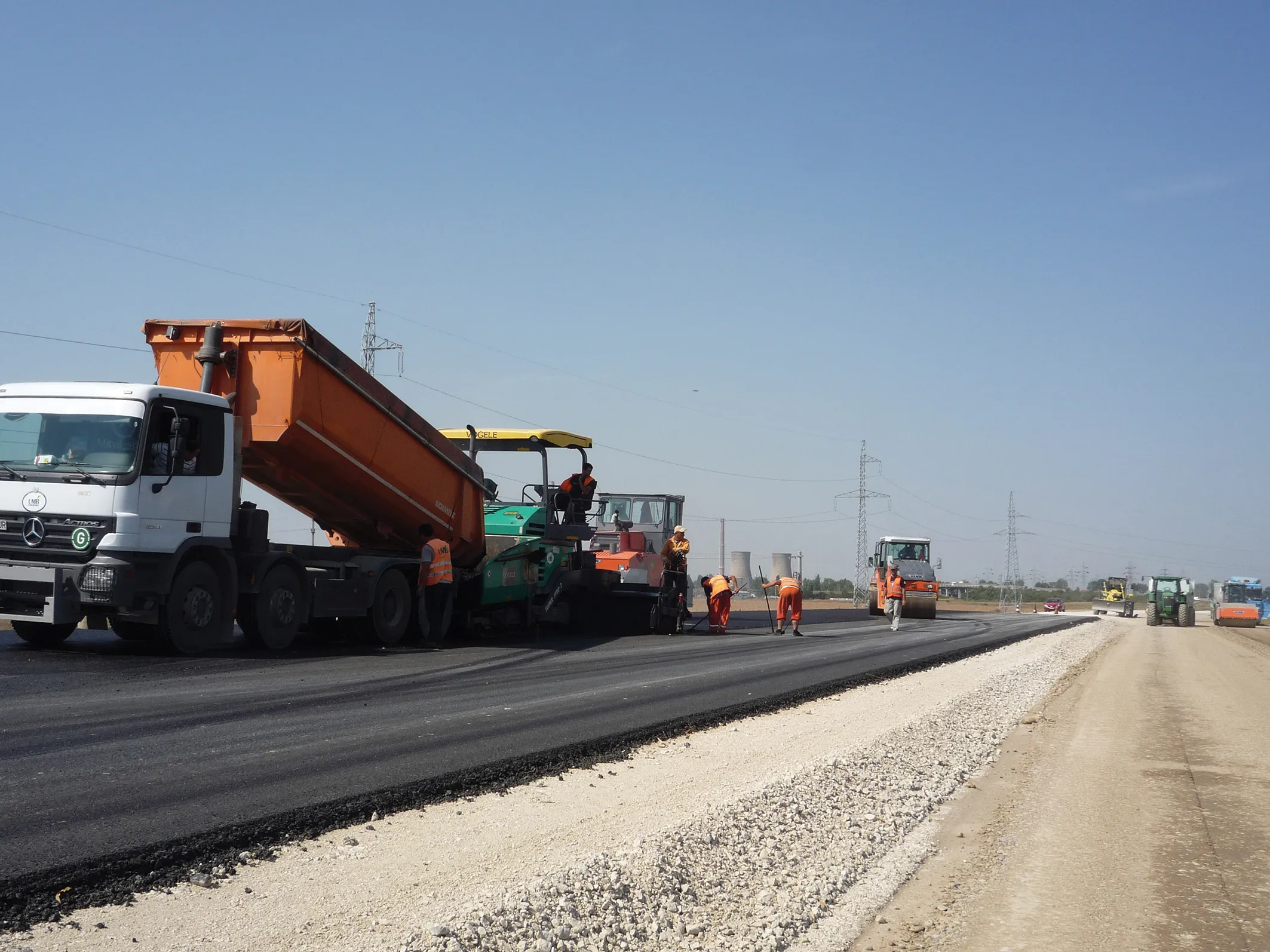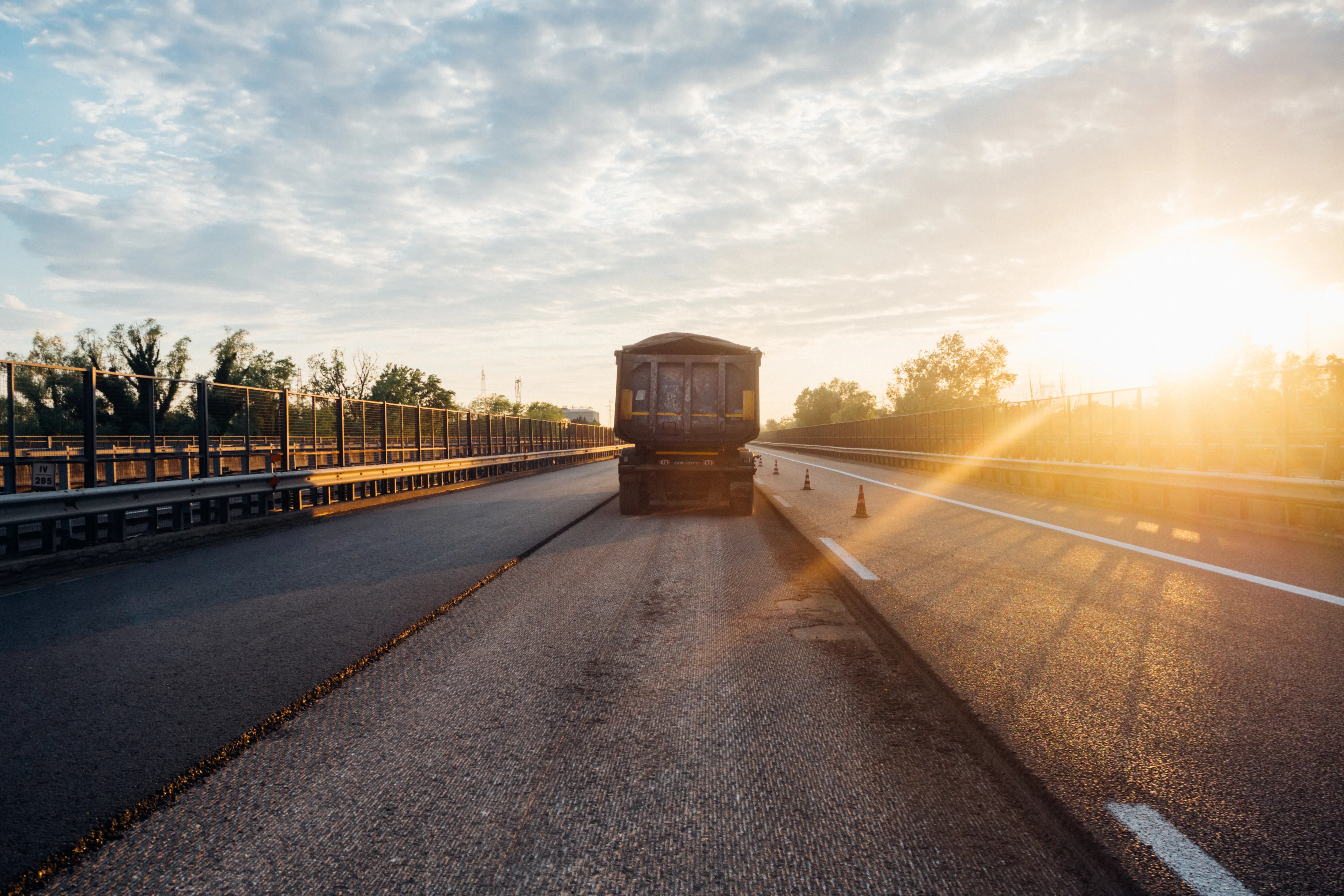The latest equipment from Wirtgen has been used to recycle a stretch of Italy’s busy A4 Autostrada, one of the country’s most important highways. The Wirtgen machine was the first WR250 recycler/reclaimer to be delivered to Italy and was put to work on the A4 Turin-Trieste highway where it proved highly productive.
The A4 Autostrada runs 522km from Turin to Trieste via Milan and Venice across northern Italy from west to east. The A4 is divided into five segments, the Turin-Milan, Milan-Brescia, Brescia-Pad
October 3, 2014
Read time: 4 mins

The latest equipment from Wirtgen has been used to recycle a stretch of Italy’s busy A4 Autostrada, one of the country’s most important highways. The Wirtgen machine was the first WR 250 recycler/reclaimer to be delivered to Italy and was put to work on the A4 Turin-Trieste highway where it proved highly productive.
The A4 Autostrada runs 522km from Turin to Trieste via Milan and Venice across northern Italy from west to east. The A4 is divided into five segments, the Turin-Milan, Milan-Brescia, Brescia-Padua, Padua-Venice and Venice-Trieste, and is managed by different companies. Stretching across the entire Po River Valley, one of the most densely populated and industrialised areas of Europe, the A4 is also one of Europe’s busiest roads and carried over 115 million vehicles in 2013. The A4 provides a direct route for vehicles travelling from Portugal, Spain and France in the direction of Austria, Slovenia and other European countries beyond Italy's eastern border.
Due to the heavy volume of traffic, the concessionaire performs monitoring of the pavement and its condition, and according to the degree of wear, decides the type of maintenance to be performed in order to maintain sufficient grip and uniformity of the pavement. Some types of maintenance operations (including milling and upgrading of the surface layers) are performed directly by Serenissima Costruzioni, the operations branch of the concessionaire assigned with planning and scheduled maintenance. Other operations, such as cold recycling of deep layers to restore the bearing capacity are contracted out to specialised companies like Ecovie, which runs2395 Wirtgen stabilisers.
Ecovie purchased one of the new WR 250 cold recyclers following successful tests by its technicians on stabilisation and cold recycling with foamed bitumen using a pre-production trial model from Wirtgen Macchine, the Italian branch of364 Wirtgen Group. The machine offered greater manoeuvrability and productivity over the earlier WR 2500 S model, which Ecovie still has in its fleet.
As a result Ecovie opted to use its new WR 250 for maintenance work on the Brescia-Verona-Vicenza-Padua stretch of the A4. The company has carried out cold recycling of over 20km of highway in the outside lane heading east towards Padua as this is the lane most subject to greater dynamic stresses due to the truck traffic.
The first section started at the Sirmione exit and proceeded east for about 2km. Once the pavement's various layers were pre-milled to 130mm, an additional 200mm were cold recycled in order to reach a total layer of recycled material with foamed bitumen of 300mm (20+13cm); in fact the pre-milling depth was increased because it was calculated that the material would rise by about 30mm due to the effect of mixing. From analysis carried out on the existing pavement it was also established that in order to reach an optimum mix, it would be necessary to add 2.9% bitumen and 2.6% cement.
The operation was carried out using two recycling trains in order to cover 4m of the lane. The WR 250 in the first train milled the material 2.4m, the entire span of the milling drum, while the second train followed the WR 2500 S, which carried out the remaining 1.6m. This method avoided having one machine perform two passes to cover the width of the lane, and at the same time make the most of the two recyclers. The WR 250, featuring high power and productivity, was given the harder task of mixing for the whole 2.4m width of the drum, whereas the WR 2500 S, with less power, had the job of milling a smaller width using only 1.6m of drum.
The material produced by the train of the WR 250 was compacted with a228 Hamm H 20i vibratory compactor, whereas that of the WR 2500 S with a Hamm 3520 vibratory compactor. Afterwards, the material was profiled using a grader then compacted again with vibratory rollers. Finally, a GRW 280 rubber-wheel roller provided sealing of the surface. This procedure ensured that the recycled layer passed the plate load tests. When the procedure was complete, 80mm of binder and 40mm of a layer of permeable and noise-reducing wearing course were laid to ensure grip and visibility also in hard rain.
The A4 Autostrada runs 522km from Turin to Trieste via Milan and Venice across northern Italy from west to east. The A4 is divided into five segments, the Turin-Milan, Milan-Brescia, Brescia-Padua, Padua-Venice and Venice-Trieste, and is managed by different companies. Stretching across the entire Po River Valley, one of the most densely populated and industrialised areas of Europe, the A4 is also one of Europe’s busiest roads and carried over 115 million vehicles in 2013. The A4 provides a direct route for vehicles travelling from Portugal, Spain and France in the direction of Austria, Slovenia and other European countries beyond Italy's eastern border.
Due to the heavy volume of traffic, the concessionaire performs monitoring of the pavement and its condition, and according to the degree of wear, decides the type of maintenance to be performed in order to maintain sufficient grip and uniformity of the pavement. Some types of maintenance operations (including milling and upgrading of the surface layers) are performed directly by Serenissima Costruzioni, the operations branch of the concessionaire assigned with planning and scheduled maintenance. Other operations, such as cold recycling of deep layers to restore the bearing capacity are contracted out to specialised companies like Ecovie, which runs
Ecovie purchased one of the new WR 250 cold recyclers following successful tests by its technicians on stabilisation and cold recycling with foamed bitumen using a pre-production trial model from Wirtgen Macchine, the Italian branch of
As a result Ecovie opted to use its new WR 250 for maintenance work on the Brescia-Verona-Vicenza-Padua stretch of the A4. The company has carried out cold recycling of over 20km of highway in the outside lane heading east towards Padua as this is the lane most subject to greater dynamic stresses due to the truck traffic.
The first section started at the Sirmione exit and proceeded east for about 2km. Once the pavement's various layers were pre-milled to 130mm, an additional 200mm were cold recycled in order to reach a total layer of recycled material with foamed bitumen of 300mm (20+13cm); in fact the pre-milling depth was increased because it was calculated that the material would rise by about 30mm due to the effect of mixing. From analysis carried out on the existing pavement it was also established that in order to reach an optimum mix, it would be necessary to add 2.9% bitumen and 2.6% cement.
The operation was carried out using two recycling trains in order to cover 4m of the lane. The WR 250 in the first train milled the material 2.4m, the entire span of the milling drum, while the second train followed the WR 2500 S, which carried out the remaining 1.6m. This method avoided having one machine perform two passes to cover the width of the lane, and at the same time make the most of the two recyclers. The WR 250, featuring high power and productivity, was given the harder task of mixing for the whole 2.4m width of the drum, whereas the WR 2500 S, with less power, had the job of milling a smaller width using only 1.6m of drum.
The material produced by the train of the WR 250 was compacted with a








